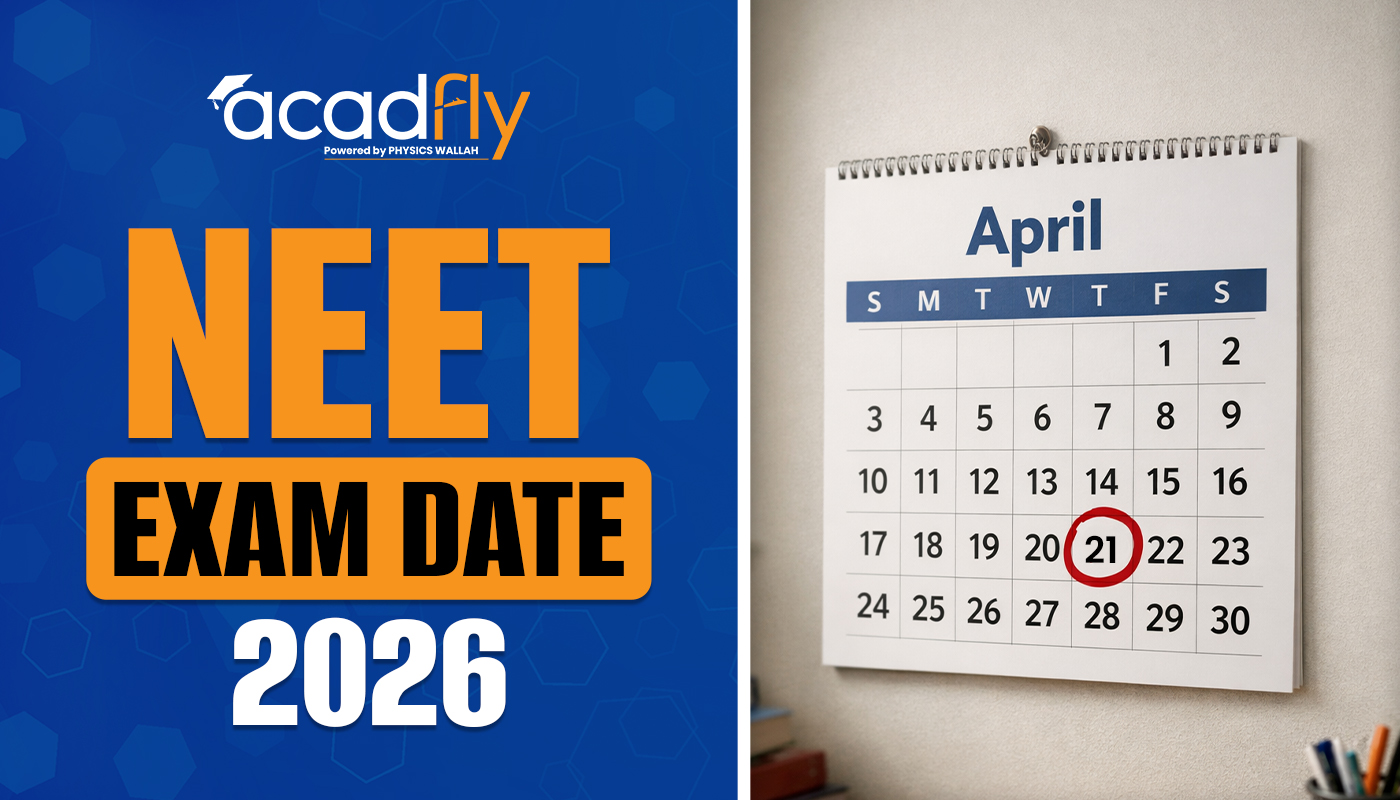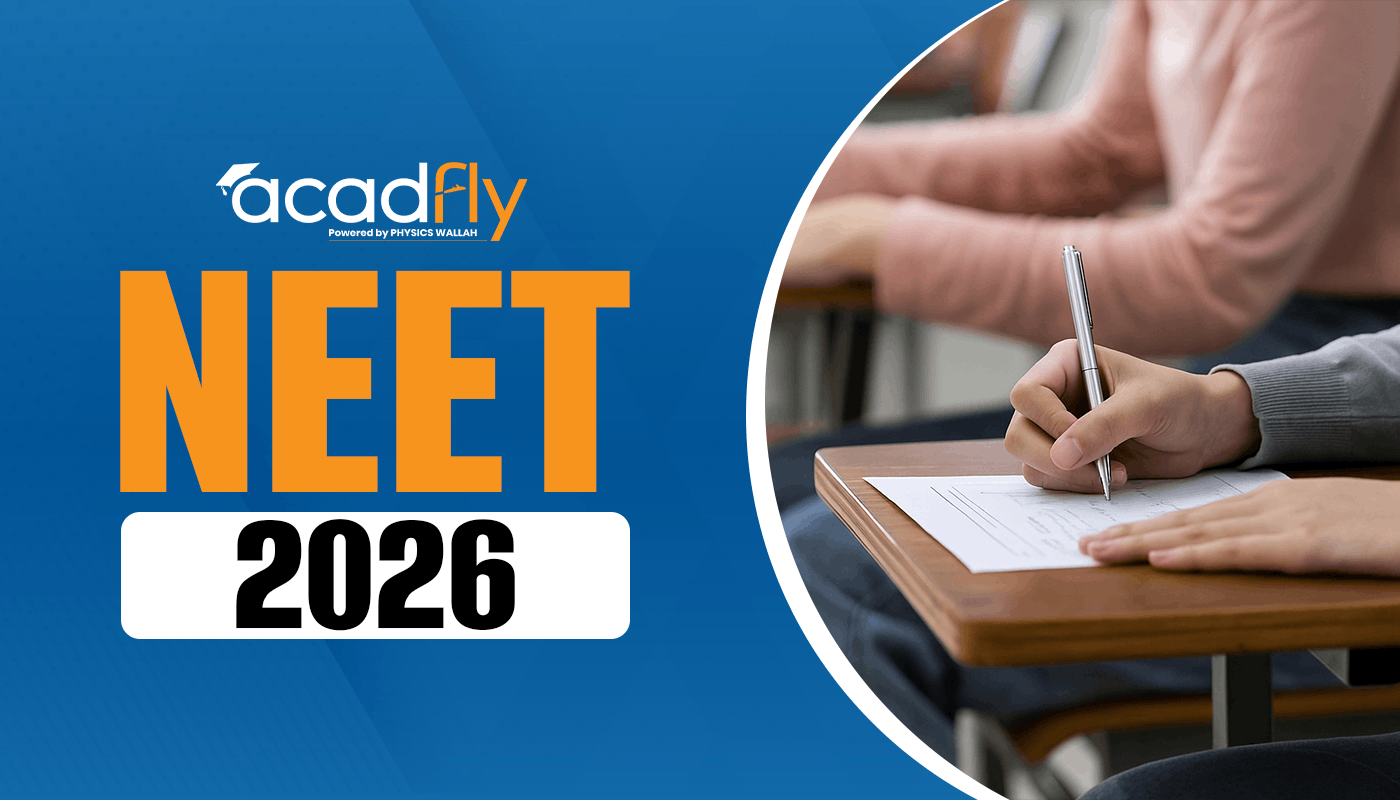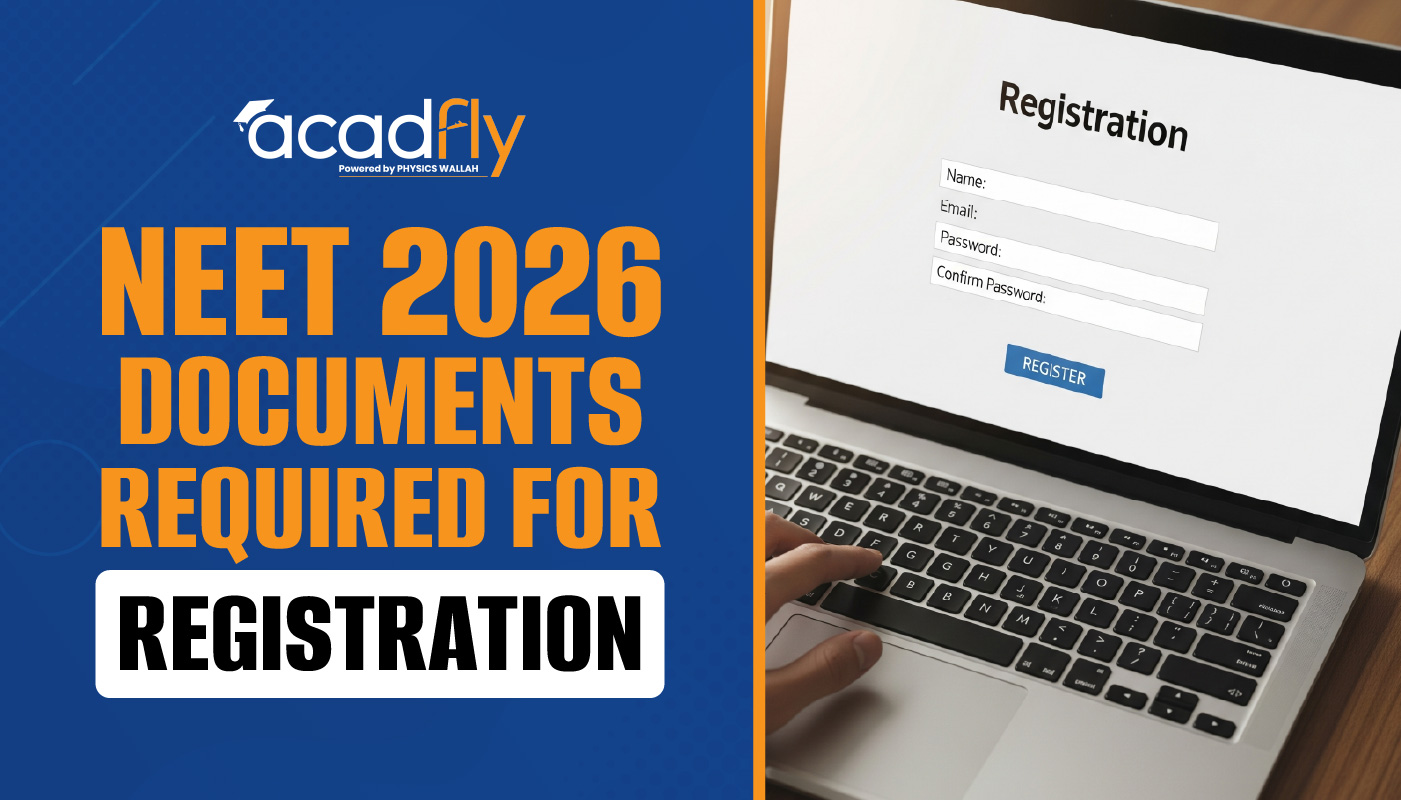
Indian students planning to study in Germany must meet language requirements through recognized German proficiency tests. The TestDaF and DSH exams are the most common options for university admissions. These exams assess listening, reading, writing, and speaking skills required for academic success. Understanding the TestDaF exam details and DSH exam information helps students choose the right test. Proper German exam preparation improves scores and increases chances of admission to German universities.
TestDaF Exam Details for Indian Students
The TestDaF (Test Deutsch als Fremdsprache) is an advanced-level German proficiency test designed for students who want to study in Germany. It assesses four language skills—reading, listening, writing, and speaking—at levels B2 to C1 of the Common European Framework of Reference for Languages (CEFR). The exam is widely accepted by German universities as proof of language proficiency for academic programs. Indian students planning to apply for German-taught courses must achieve the required TestDaF score specified by their chosen university.
The TestDaF exam format consists of four sections, each testing a different language skill. The reading section includes comprehension tasks based on academic texts, while the listening section evaluates the ability to understand spoken German in university settings.
The writing section requires candidates to analyze data and express their opinions formally, and the speaking section consists of role-based tasks simulating classroom or academic discussions. Each section is scored on a scale from TDN 3 to TDN 5, with TDN 4 or higher generally required for university admission.
Indian students can take the TestDaF exam at authorized test centers in India or online through the TestDaF digital format. The exam is conducted multiple times a year, allowing flexibility in scheduling.
Registration is done online via the TestDaF Institute’s official website, and candidates must pay an exam fee, which varies depending on the test center. Since universities have different language requirements, students should check specific TestDaF score requirements before booking the test.
TestDaF preparation is crucial for achieving high scores. Indian students can use official TestDaF practice materials, enroll in German language courses, and take mock tests to improve their skills. Studying academic vocabulary, practicing structured writing, and improving listening comprehension through German media can also enhance performance. Consistent preparation and understanding of the exam pattern help students meet the language requirements for German universities and successfully pursue higher education in Germany.
DSH Exam Information and Eligibility
The DSH (Deutsche Sprachprüfung für den Hochschulzugang) is a German language exam required for admission to many universities in Germany. It is designed for international students who need to prove their German proficiency for academic purposes. Unlike TestDaF, the DSH is conducted by individual universities, meaning the exam structure and difficulty can vary. Students must take the exam at a German university where they plan to study, as it is not available in India. Understanding the DSH exam information and eligibility criteria is essential for Indian students planning to study in Germany.
DSH Exam Structure and Format
The DSH exam consists of a written and an oral test, both designed to assess German language skills at an advanced academic level. The written exam includes reading comprehension, listening exercises, and a structured writing task based on provided data. The oral exam evaluates students’ ability to communicate fluently and coherently in German, often through an academic discussion or presentation. The test is graded at three levels: DSH-1 (57%–66%), DSH-2 (67%–81%), and DSH-3 (82%–100%), with DSH-2 or higher generally required for university admission.
Eligibility Requirements for Indian Students
Indian students must meet certain eligibility criteria before registering for the DSH exam. Most universities require applicants to have completed at least B2 or C1 level German courses before taking the test. Some institutions may also ask for prior German language certificates, such as Goethe-Zertifikat or TestDaF, as proof of language competency. Additionally, students must have received conditional admission (Zulassungsbescheid) from a German university that requires them to pass the DSH exam before starting their degree.
Where and When to Take the DSH Exam
The DSH exam is only available at German universities and is conducted a few times a year, usually before the semester begins. Each university organizes its own exam, meaning the registration process, fees, and difficulty level may differ. Students should check with their chosen university for specific exam dates and registration deadlines. Since seats are limited, early application is recommended to secure a spot before arriving in Germany.
DSH Exam Preparation Tips
Proper preparation is essential for achieving a high DSH score and meeting university language requirements. Indian students should practice academic writing, listening to German lectures, and engaging in structured conversations. Taking DSH preparatory courses offered by German universities or language institutes can improve understanding of the exam format. Reviewing past DSH exam papers and participating in mock oral exams also helps in gaining confidence. A strong preparation strategy ensures better chances of passing the DSH exam and securing admission to a German university.
German Proficiency Tests Comparison
Choosing the right German proficiency test is crucial for Indian students planning to study in Germany. The two most widely accepted exams are TestDaF and DSH, both assessing language skills needed for academic success. While TestDaF is a standardized test available worldwide, DSH is conducted by individual German universities. Understanding the key differences in format, difficulty, and acceptance criteria can help students make an informed decision. The table below provides a detailed comparison of these two German proficiency tests.
|
Feature |
TestDaF |
DSH |
Key Differences |
|
Availability |
Available worldwide |
Only conducted in Germany |
TestDaF can be taken in India; DSH requires travel |
|
Conducting Body |
TestDaF Institute |
Individual German universities |
DSH structure varies by university |
|
Exam Format |
Reading, Listening, Writing, Speaking |
Written and Oral Exams |
TestDaF has a fixed structure; DSH varies |
|
Difficulty Level |
B2-C1 (Intermediate-Advanced) |
B2-C2 (Intermediate-Advanced) |
DSH can be more challenging at higher levels |
|
Scoring System |
TDN 3-5 |
DSH-1 to DSH-3 |
TestDaF uses standardized scores; DSH scores vary |
|
Acceptance |
Accepted by most universities |
Accepted by universities that conduct it |
TestDaF has broader acceptance |
|
Registration |
Online through official website |
Directly at German universities |
TestDaF allows pre-arrival testing |
|
Exam Fees |
₹12,000 - ₹15,000 |
Varies by university (₹5,000 - ₹10,000) |
DSH is usually cheaper but requires travel |
|
Test Frequency |
Multiple times a year |
Before semester starts |
TestDaF offers more flexibility |
|
Best for |
Students preferring a standardized test |
Students applying to a specific university |
Depends on admission requirements |
Language Requirements for German Universities
Indian students planning to study in Germany must meet specific language requirements for German universities to gain admission. Most universities require proof of German proficiency for programs taught in German, while English-taught courses may need English proficiency tests.
The required level of German varies depending on the institution and the course of study. Standardized exams like TestDaF and DSH are commonly accepted as proof of language skills. Understanding these requirements can help students prepare effectively for their academic journey in Germany.
Accepted German Proficiency Tests
Most German universities accept TestDaF, DSH, and other recognized exams as proof of language proficiency. Some institutions also accept Goethe-Zertifikat C2, telc Deutsch C1 Hochschule, and ÖSD C1. The required proficiency level varies, but many universities demand at least TestDaF TDN 4 or DSH-2. Students should check the specific test requirements of their chosen university before applying.
Required Language Levels for Admission
For German-taught bachelor's and master's programs, universities generally require B2 or C1 level proficiency under the Common European Framework of Reference for Languages (CEFR). Some technical programs may accept B1 level, but humanities and social science courses often demand C1 or higher. Higher language proficiency ensures students can understand lectures, participate in discussions, and complete academic assignments effectively.
Language Requirements for English-Taught Programs
Many German universities offer English-taught programs, especially at the master's level, where German proficiency is not mandatory. Instead, students must provide IELTS (6.5 or higher), TOEFL (minimum 90), or PTE (minimum 60) scores. However, learning basic German can be beneficial for daily life, internships, and job opportunities in Germany. Some universities may also require students to take German language courses alongside their main program.
Exemptions and Alternative Language Proof
Some universities offer exemptions for students who have completed previous education in German or hold recognized German language certifications. Certain institutions also accept a language certificate from a German preparatory course (Studienkolleg) as proof of proficiency. Students enrolled in Studienkolleg may need to pass the Feststellungsprüfung (FSP), which includes a German language test.
Improving German Skills Before University
To meet language requirements for German universities, students can take preparatory courses at Goethe-Institut, Max Mueller Bhavan, or online platforms like DW Learn German. Many German universities also offer intensive German language courses for international students. Practicing through German books, films, and conversation groups can further enhance proficiency and improve test performance.
German Exam Preparation Strategies
Preparing for German proficiency tests like TestDaF and DSH requires a structured approach to achieve a high score. These exams assess listening, reading, writing, and speaking skills, so focused practice in each area is essential. Indian students must familiarize themselves with the exam format, practice regularly, and use effective learning resources. Time management and exposure to authentic German content can improve overall language proficiency. The following German exam preparation strategies will help students perform well and meet university language requirements.
Understanding the Exam Format
Before starting preparation, students should thoroughly understand the TestDaF and DSH exam structure. TestDaF includes four sections: reading, listening, writing, and speaking, each scored from TDN 3 to TDN 5. The DSH exam consists of a written and oral test, with scores ranging from DSH-1 to DSH-3. Knowing the question types, difficulty level, and evaluation criteria will help in targeted preparation.
Developing Strong Listening and Reading Skills
Listening and reading comprehension are crucial for performing well in German exams. Students should practice with German news websites, podcasts, and academic texts to improve understanding. Watching German TV shows and listening to radio programs can enhance listening skills. Regular reading of newspapers like Die Zeit and Der Spiegel helps in understanding complex sentence structures and academic vocabulary.
Enhancing Writing and Speaking Skills
Writing structured essays and speaking fluently in German require consistent practice. Students should focus on essay writing, summarizing articles, and expressing opinions on academic topics. Speaking exercises can include recording responses, engaging in German conversation groups, or practicing with language partners. Using apps like Tandem and Speaky can provide real-time speaking practice with native speakers.
Using Official Study Materials and Mock Tests
Practicing with official TestDaF and DSH preparation books is essential for success. Students should solve previous years’ papers, take mock tests, and analyze their performance. Resources like Goethe-Institut study guides, TestDaF sample papers, and DSH practice exams can provide realistic exam experience. Timed practice sessions will improve speed and accuracy in answering questions.
Consistent Practice and Time Management
Effective German exam preparation requires a well-structured study plan. Students should set daily goals, allocate specific time for listening, reading, writing, and speaking, and track progress. Using flashcards for vocabulary building and revising grammar rules regularly can enhance language proficiency. Consistency in preparation ensures confidence and better performance on exam day.
Frequently Asked Questions
1. What is the difference between TestDaF and DSH?
2. Which German language proficiency test is better for Indian students?
3. What is the minimum score required to pass TestDaF?
4. Can I take the DSH exam in India?
5. Do I need to learn German for a degree in Germany?









